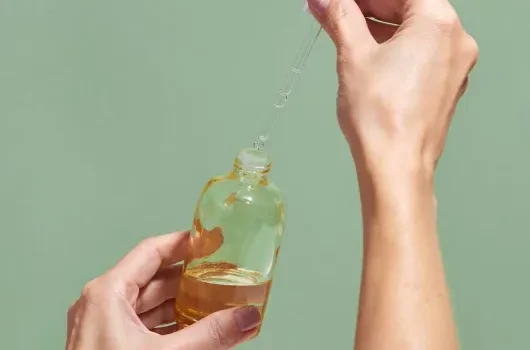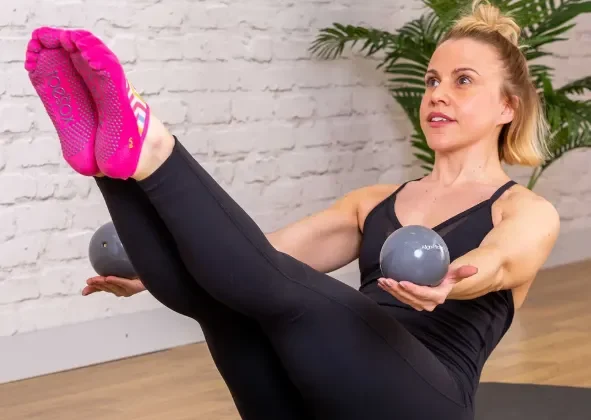Essential oils have gained popularity as natural remedies for various health concerns, but if you’re still unsure about their benefits, you’re not alone. With so many claims out there, it can be difficult to separate fact from fiction. You may wonder if these oils are truly effective, and if they are, how to use them safely. In this post, we’ll dive into what essential oils are, how they work, and provide you with tips for using them to improve your health.
What Are Essential Oils?
Essential oils are concentrated plant extracts that are made through a process called distillation. They are extracted from different parts of plants, such as flowers, leaves, stems, bark, and even fruits. Each essential oil has a unique fragrance, which is responsible for giving the plant its characteristic aroma. More than just a pleasant scent, these oils play an important role in the plant’s protection, growth, and reproduction.
What makes essential oils so effective is their complex chemical composition. When used, these compounds can have numerous health benefits, from physical to emotional well-being. For example, lemon essential oil, rich in compounds like D-limonene and beta-pinene, is known for improving mood, clearing mucus, supporting the immune system, and even freshening the air.
What Are Essential Oils Used For?
Essential oils offer a wide range of uses, including reducing stress, managing pain, and improving sleep. Lavender essential oil, for example, is known for its calming properties and can be used to alleviate anxiety, improve sleep quality, and even support skin health. Peppermint oil is another versatile oil I use for everything from easing headaches to soothing digestive discomfort and even repelling ants!
Although the small bottles of essential oils may seem pricey, they’re incredibly long-lasting and versatile. You’ll find that one bottle can last several months, as you’ll only need a few drops at a time. Moreover, essential oils can replace various household products like cleaners, over-the-counter medicines, candles, and even air fresheners.
Are Essential Oils Safe to Use?
Yes, essential oils are generally safe when used correctly. They are natural substances that have been used for centuries in various cultures for healing and wellness. However, due to their potency, they should be handled with care.
Unlike conventional over-the-counter medications, essential oils have fewer side effects and can benefit multiple aspects of your health. That said, essential oils are not regulated by the FDA, so it’s important to do your research and purchase from reputable sources. Be cautious of brands that claim their oils are “100% pure” without backing it up with quality testing, as some cheaper products may contain synthetics or additives.
Guidelines for Using Essential Oils Safely
To ensure you’re using essential oils safely and effectively, here are a few guidelines:
- Essential oils are a supplement, not a cure – They should complement a healthy lifestyle, not replace it. For example, peppermint oil can assist with digestive discomfort, but it won’t solve long-term digestive issues caused by poor diet.
- Choose high-quality oils – Only use oils that are free from pesticides, toxins, and fillers. Avoid cheap oils from unreliable sources, as they may contain synthetic fragrances that can do more harm than good.
- Test oils before use – Start with a small amount of oil, whether in a diffuser or diluted with a carrier oil. Monitor for any adverse reactions such as irritation or allergic reactions.
- Dilute when applying topically – Most essential oils need to be diluted in a carrier oil (like coconut or jojoba oil) before applying to your skin. This helps prevent irritation and allows the oil to be absorbed more effectively. Follow recommended dilution ratios for children and adults.
- Use in moderation – Less is more when it comes to essential oils. Due to their high concentration, just 1-3 drops are usually enough. If you’re not seeing results, try switching to a different oil rather than increasing the dosage.
- Use diffusers in well-ventilated spaces – Diffusing oils is a great way to enjoy their benefits, but be mindful not to overdo it. Limit diffusion to 1-2 hours at a time, and take breaks to avoid overwhelming your senses.
- Caution with internal use – Only a select few essential oils are safe for internal consumption, and only high-quality brands should be used for this purpose. Always check the label to ensure they are safe for ingestion and follow the recommended guidelines.
- Research before using – If you’re pregnant, breastfeeding, or have health conditions, always consult with a healthcare professional before using essential oils.
How Are Essential Oils Used?
Essential oils can be used in three main ways: aromatically, topically, and internally. Here’s how they can benefit you:
- Aromatic/Inhalation: Use a diffuser, inhale directly from the bottle, or enjoy them in a facial steam or aromatherapy jewelry. Aromatic use can help with stress relief, respiratory support, and emotional well-being.
- Topical: Apply oils to the skin or mix them with carrier oils for massage, baths, or targeted support for issues like headaches, muscle pain, or sleep problems.
- Internal: Some oils can be ingested by adding them to water, using them in veggie capsules, or placing a drop under your tongue (only if the oil is safe for internal use). These oils can offer benefits like immune support, digestive health, and pain relief.
Common Essential Oils and Their Benefits
Here are some of the most popular types of essential oils and their uses:
- Citrus: Great for energy and cleaning (e.g., Lemon, Wild Orange)
- Floral: Calming and good for relaxation (e.g., Lavender, Rose, Jasmine)
- Herbaceous: Known for grounding effects (e.g., Frankincense, Chamomile, Tea Tree)
- Minty: Energizing and refreshing (e.g., Peppermint, Spearmint)
- Spicy: Boosts focus and energy (e.g., Cinnamon, Ginger, Basil)
Ways to Use Essential Oils in Your Daily Life
You can incorporate essential oils into your routine in a variety of ways. For example:
- Feeling congested? Add peppermint or eucalyptus to a diffuser.
- Stomach upset? Mix peppermint oil with a carrier oil and massage onto your abdomen.
- Need a natural cleaner? Lemon and tea tree oils can help disinfect your home.
- Struggling to sleep? Try diffusing lavender or cedarwood before bed.
Conclusion
Essential oils can provide numerous health benefits when used correctly, from boosting your mood and energy to supporting your physical and emotional well-being. As long as you take proper precautions, they can be a wonderful addition to your daily routine. Whether you’re using them for relaxation, digestion, or even household cleaning, essential oils offer a natural, effective way to improve your health.
With this knowledge, you’re now ready to start incorporating essential oils into your life in a safe and beneficial way!











